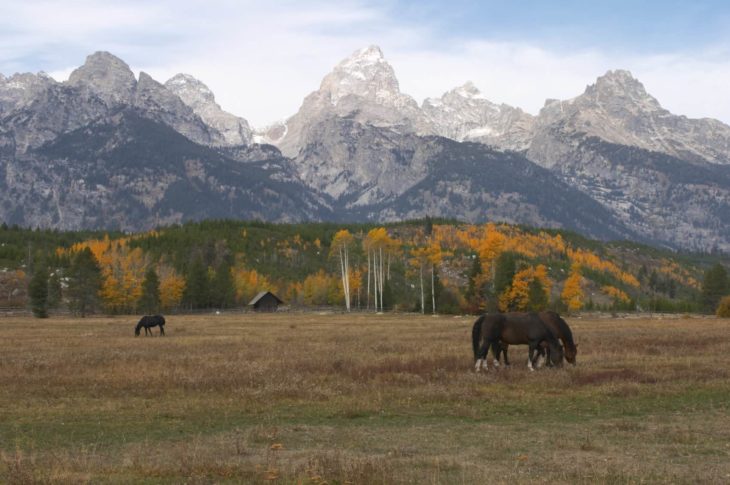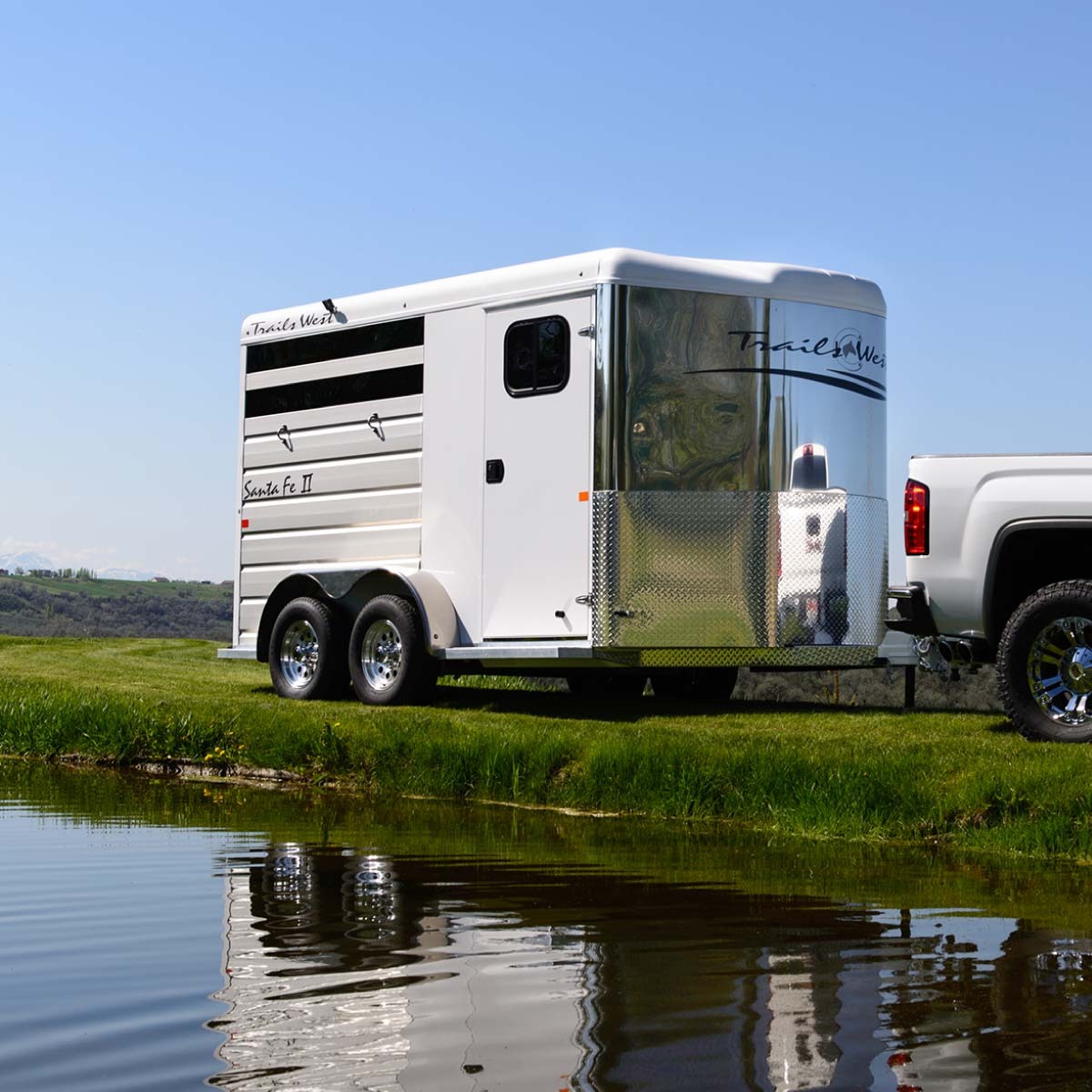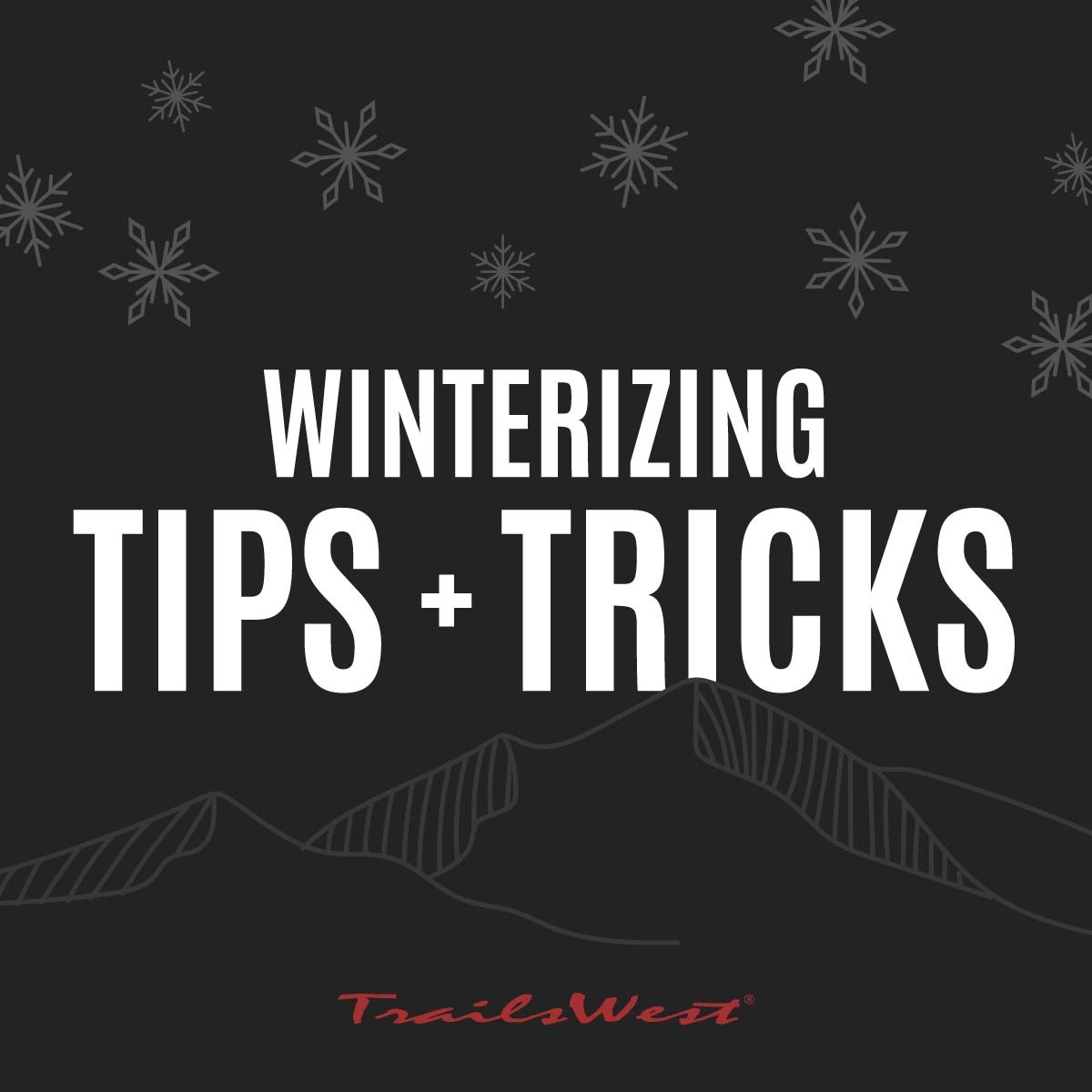Winterizing Your Horse Trailer

The trails have been long and the sun has been hot but all good things must come to an end. For a large part of the country, winter is going to be here before we know it. So let’s pull out the antifreeze and drain the water, because it’s time to winterize your horse trailer.
- Whether you own a horse trailer, a livestock trailer, or a horse trailer with living quarters, it will benefit from a good scrub down, inside and out. Making sure acidic waste and dirt are removed will help keep the paint and fixtures looking new for much longer. Yes, you’ll probably have to do it again in the Spring but you’ll save yourself some extra scrubbing because it won’t be as bad.
- Remove your floor mats for a scrub as well so the waste doesn’t soak in all winter. Make sure you allow them to completely dry before putting them back in.
- Going over your trailer lubricating hinges, locks and other metal fixtures will prevent them from corroding or locking up while they aren’t being used.
- If you store your fire extinguisher inside your trailer, remove it and store it in a climate-controlled environment. With below freezing temps, it could easily become compromised. Put a note in an obvious location, reminding yourself to put it back in before using the trailer again.
- Remove and recharge (if needed) the breakaway brake battery and the main cabin battery (if equipped). Store them in a warm, dry place.
- Winterizing is also a good opportunity to thoroughly review the structure of your trailer, confirming the flooring is still in good condition. Replace your flooring as needed.
If you own a living quarter trailer, you are one lucky person. But it does mean more work when it comes to winterizing. Take these extra steps on the interior of your trailer.
- Remove food from your refrigerator, cabinets and drawers. This is a good time to reevaluate everything you’re hauling with you to see if it’s worth the extra weight. Once you’re done cleaning the fridge, leave the door open to prevent mildew.
- Mice are not friends and can cause expensive damage very quickly. If they can live comfortably within your trailer, they will. Remove bedding, paper products and food. If they can’t nest or eat, they will move on to a better winter dwelling.
- Drain water from the hot water heater by opening the relief valve and removing the drain plug. Don’t forget to put the drain plug back in or small animals can nest inside. It’s also good to flush the water tank with clean water to remove any silt build up in the tank. You’ll also need to drain water from your fresh water holding tank AND all the water lines in your trailer, including sink (both hot and cold), toilet and shower.
- Safely drain your gray water and black water tanks.
- Use RV-rated anti-freeze and pump it through the water pipes. It’s also a good idea to pour it into sink and shower drains, as well as into the toilet bowl and tank.
- Remove batteries from any appliance that will stay in the trailer, including the smoke detector.
- Make sure that propane tanks and the main power switch are turned off.
- Remove and recharge (if needed) the breakaway brake battery and the main cabin battery. Store them in a warm, dry place.
- Clean and/or replace filters.
Now that you know your trailer is ready down for winter, you can rest easy knowing your investment is protected. And it’s only five more months (hopefully less) until you’re back in the saddle for Spring.






